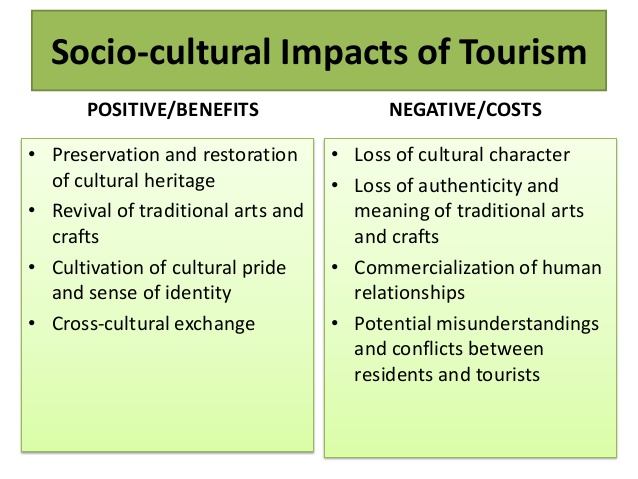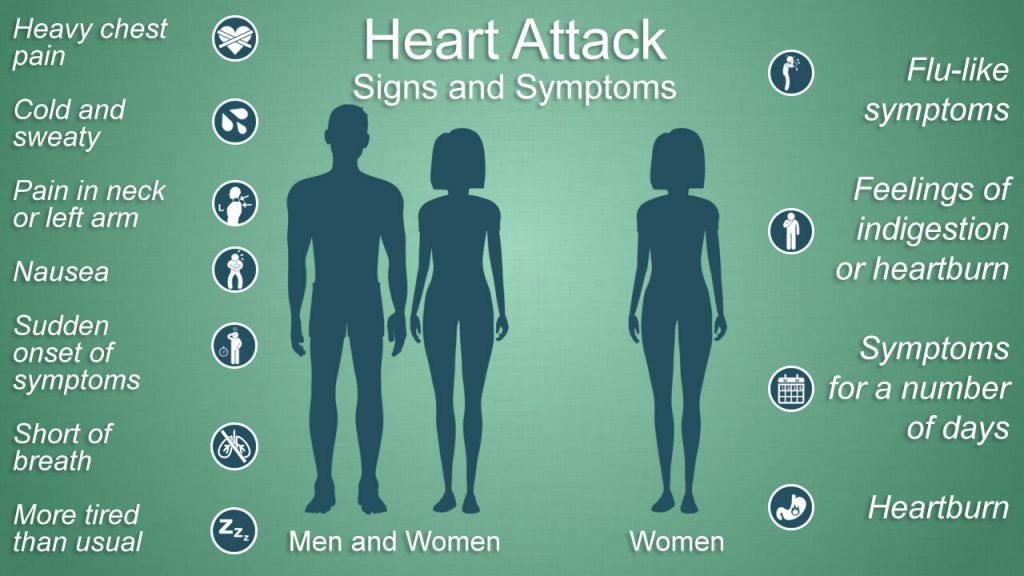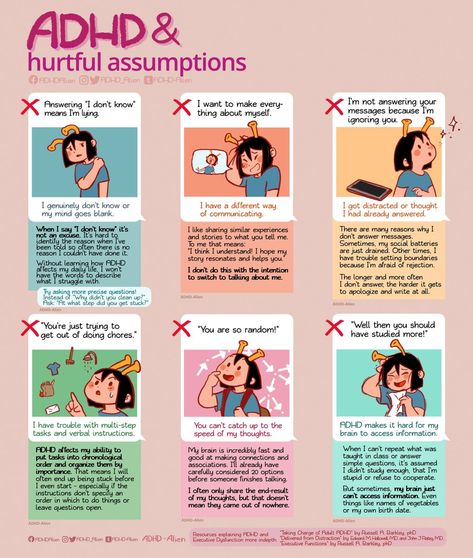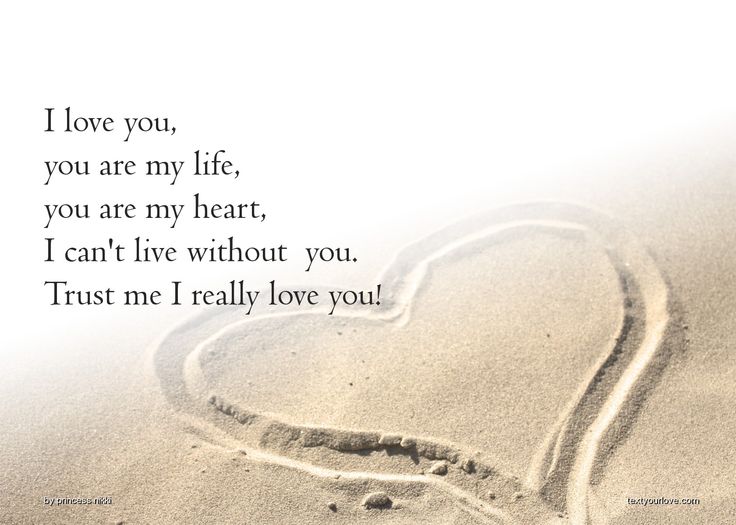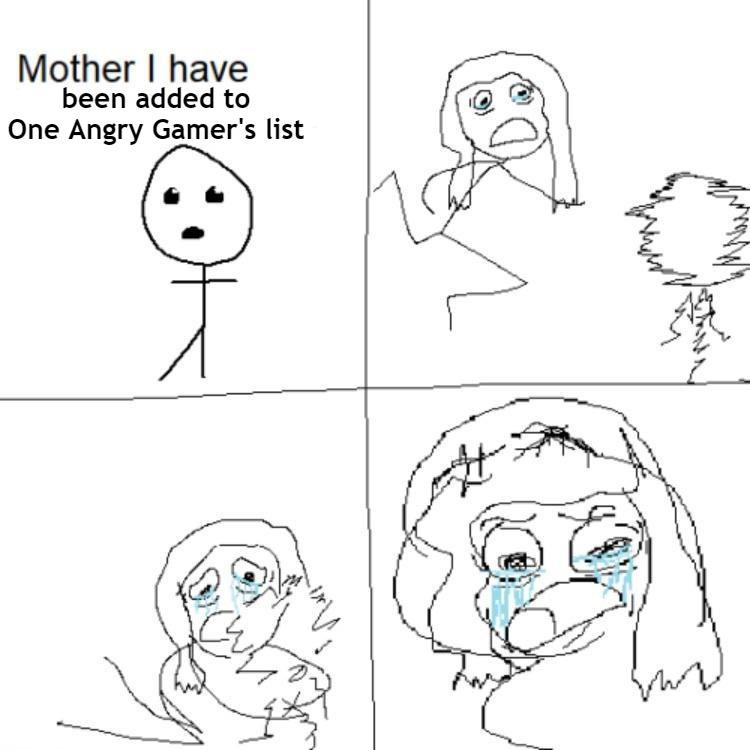Loss of identity in relationships
Lost Yourself in a Relationship? 11 Steps to Find Yourself Again
It’s a common story we hear from couples:
“When I’m single, I’m living my best life. But then I meet someone… and I end up losing myself in my relationship.”
Yep. Us humans are real good at prioritising ourselves when it’s just us. But then a lover comes along and steals the spotlight.
I say ‘steal’, but in reality it’s an attention we freely give:
We’re happy to give them our all. To pour love and attention into them and the relationship.
But as time passes, you look around and realise – you’ve completely lost yourself in a relationship.
I personally know this all too well.
It was my default relationship pattern for years. I’d rock ‘me’ for a while, then quickly lose myself in whatever relationship I was head-over-heels in.
Which was worrying, considering I was a serial monogamist in back-to-back relationships from the age of 16.
So when I finally paused and reflected over 8 years later, it wasn’t just a few months or years that I’d been losing myself, it was almost an entire DECADE.
(You can read all about the complete emotional breakdown that caused me. We’re talking full-on personal meltdown.)
Thankfully, I did the inner work to not only find myself again – but to stay connected to myself as well. (My soul and my marriage now thank me for it).
So in this blog, I’m sharing the do’s and don’ts of how to find yourself again in a relationship.
You’re going to learn:
- Why you lose yourself in a relationship in the first place (hint: it’s not really your fault)
- When ending a relationship to find yourself again CAN be a good idea
- 11 proven steps for finding yourself again in your relationship (lots of these work if you’re recently single too)
What Does It Mean To Lose Yourself In A Relationship?
Losing yourself in a relationship means that your attention is so focused on the relationship that you don’t know who you are anymore.
You’ve lost your sense of self – your identity – separate from your partner, and your life doesn’t feel completely your own anymore.
In practical terms, it can look like:
- Your passion project sitting half finished at the back of the cupboard.
- You haven’t seen your best friends in months.
- You no longer prioritise your career, hobbies, or interests like you used to.
- You’ve kinda lost your unique sparkle. That special YOU-ness that makes you… You.
And it doesn’t feel good.
Is It Normal To Lose Yourself In A Relationship?
Within a relationship there’s an innate desire to feel loved and accepted, so we often give up parts of ourselves in order to achieve that acceptance, or to maintain harmony. Unless you’re conscious of maintaining a seperate sense of self, this tendency will cause you to lose yourself.
As psychologist and author of ‘Passionate Marriage’ David Schnarch, Phd.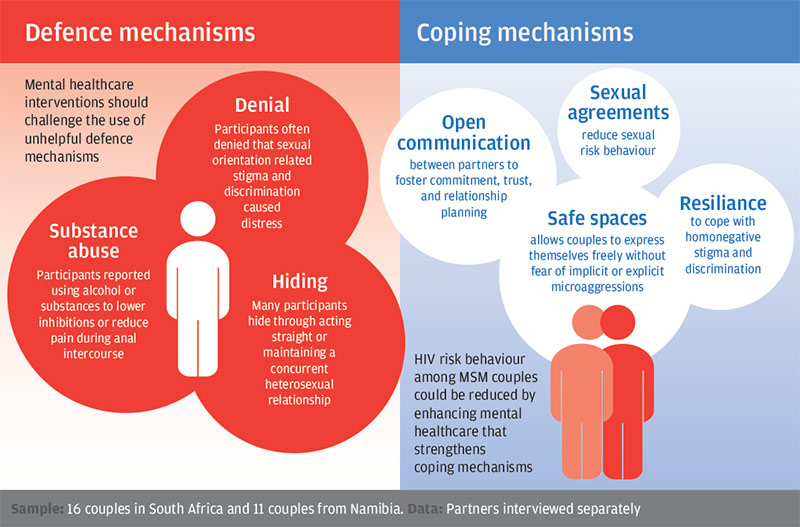 , explains, “The problem is… that we [become] emotional Siamese twins, “fused at the hip” through our dependence on our partner’s validation.”
, explains, “The problem is… that we [become] emotional Siamese twins, “fused at the hip” through our dependence on our partner’s validation.”
But this ‘losing yourself’ is far from a personal failing. It’s part of the innate mechanics of relationships which are designed to help us grow as individuals.
“Many “relationship problems” are really the unrecognized natural growth processes of emotionally committed relationships,” says Dr. Schnarch.
In other words, losing yourself in a relationship is almost an inevitable process. And, it can be the beginning of the most empowering personal development journey you’re likely to ever go on.
Can You Be In A Relationship And Still Find Yourself?
With the right approach, it’s not necessary to end a relationship in order to find yourself again. Rediscovering yourself while still in a relationship will help you develop a more secure sense of self, which means you’re less likely to lose yourself again in the future.
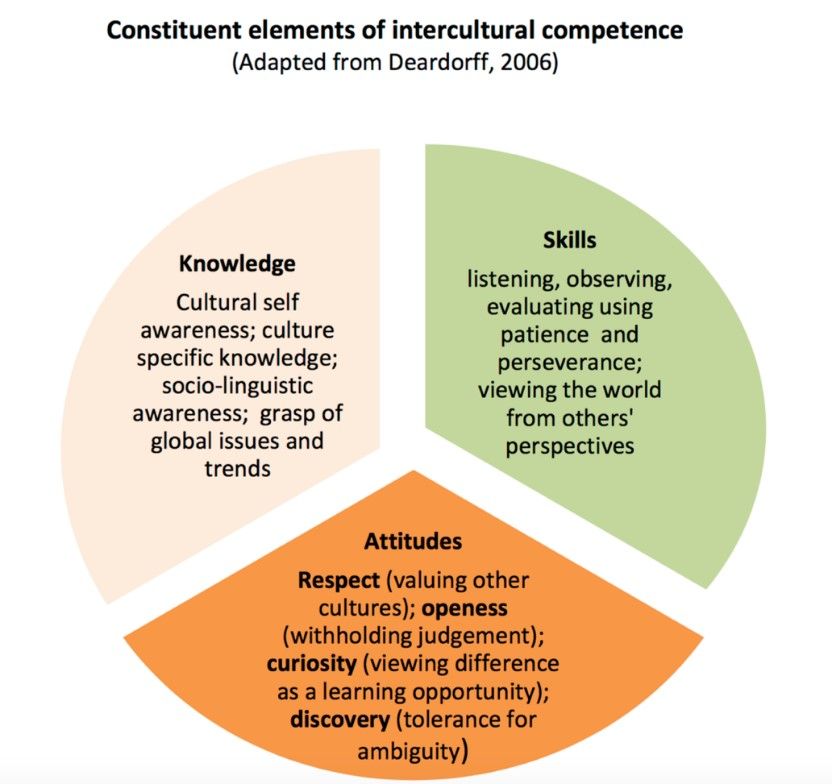
The only time you’ll need to end your relationship is if you’re in an abusive or controlling relationship. In those kinds of relationships, it’s difficult to change the status quo and be safe. Seek professional help from a psychologist or Google “abusive relationship resources near me” to get support.
If you’re in an abusive relationship, get out of that relationship ASAP. Then start the journey of finding yourself again.
What Do You Do When You Lose Yourself In A Relationship
The starting points are obvious:
- You make time for yourself, your passions, and your interests.
- You spend time with friends and family.
- You do the inner work to learn who you are, what you believe in, and what you want out of life.
But for me, that was only scratching the surface of how to find myself again. The real question I had to face was:
How do I maintain this independent sense of self while also feeling close and connected to my partner?
Because here’s the thing – no matter how lost I might’ve felt in my relationships, I was still me.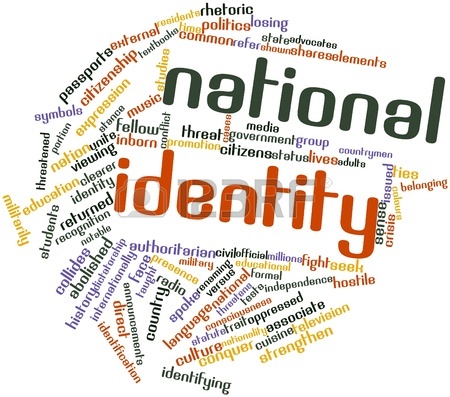 100% me:
100% me:
I still had my own thoughts, my own opinions, my own emotions, my own interests. But I couldn’t hear them over the noise of my partner.
What do I mean by ‘noise’?
All of the assumptions and mind chatter about what they wanted, what made them happy, and what worked for them.
So it’s not that I was truly lost – I just couldn’t hear myself clearly.
What I really had to figure out was how to differentiate:
- How to have clear boundaries, prioritsing my relationship with myself, while also maintaining a relationship with my partner.
- How to lovingly take a stand for myself, while still respecting the differences of my partner.
- And how the two of us integrated together, as separate, unique individuals in an inter-dependant relationship.
As couple’s therapist Dr. Patricia Frisch explains,
“When we are differentiated, we can follow our own directives even if pressured by friends and family to reorient.
We trust ourselves to be our best guide although we are open and can readily take in input non-defensively. Most importantly, we never lose ourselves to another but maintain our personal integrity.
With this in mind, here are 11 practical steps I took to do the deeper work of finding myself again (and staying found).
Lost Yourself In A Relationship? How To Find Yourself Again
1. Get Clear On The Symptoms
Why exactly do you feel like you’re losing yourself?
Are you feeling lonely outside of your relationship? Is there something about your relationship you’re not happy with? Are you bored or uninspired in your career?
The more clarity you have on where you are right now, the clearer you’ll be on where you need to go to find yourself again.
2. Dream About The Future
Losing your identity in a relationship often includes losing sight of what you truly want from life.
You might have ideas about what you want for your relationship – but what about the things you want purely for yourself?
Allowing your mind to wander 5, 10, 20 years into the future can reveal important clues about what your soul is craving.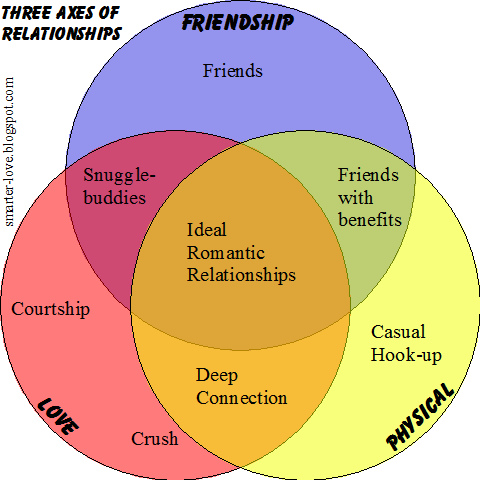
Get a clearer picture about what you want from your future so you can start prioritising the steps to get you there.
3. Examine Your Resentments
Resentment is a strong indicator that you feel trapped by your partner. But your resentments also hold the key to your liberation.
In my last relationship, I had this story that my partner “wouldn’t let me” wear dresses or make-up. And I felt a tonne of resentment about that.
But after much personal reflection, I realised that even though he didn’t like make-up or dresses, he wasn’t actually stopping me. I was stopping MYSELF because I feared his disapproval.
🤯🤯🤯
Your resentments are part of a fact-finding mission that points towards the changes required:
Find all of the places you hold yourself back for fear of judgement, rejection, or criticism. Get courageous and commit to the change. (Check out our complete guide to healing resentment in a relationship if you need a helping hand. )
)
4. Commit To A Regular Date Night
Yep, you read that right – set aside intentional time to build emotional connection in your relationship. This is important for two reasons:
- It helps to reassure your partner that you’re not leaving them behind, and that they’re still important to you.
- And, it gives you the opportunity to practice being yourself while being with your partner (which is the test of this whole ‘finding yourself again’ journey, right?).
5. Prioritize Dating Yourself
It might be a workshop for that new (or old) hobby. It might be a film you’ve been wanting to see but your partner doesn’t. It might be a fancy dinner alone or a hike in the mountains.
The what isn’t as important as the who. (Hint: YOU are the who 😉 )
Dating yourself means making the powerful decision to prioritize reconnecting with yourself. Whatever that looks like for you.
Because ultimately, the goal is to….
6. Challenge & Grow Yourself
If you feel like you’ve lost yourself in your relationship, chances are there’s a big, audacious, possibly terrifying dream hiding somewhere in your heart.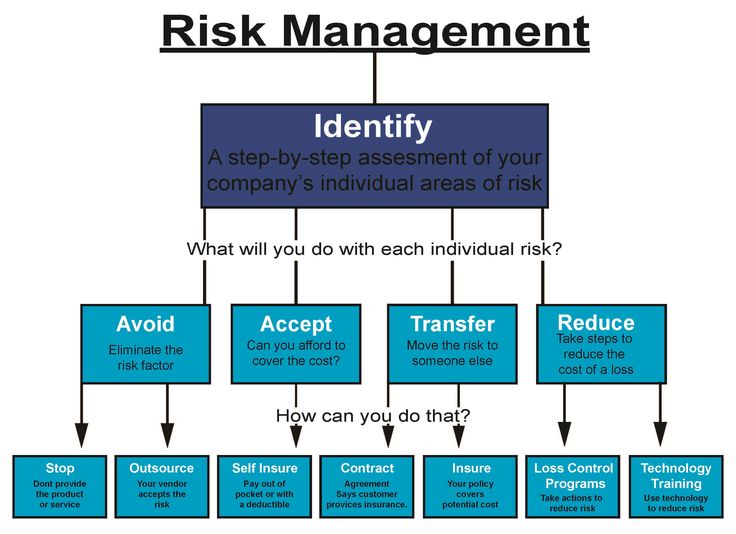
Step up and go do it.
Find the thing that you’ve been putting off and make it a priority. No excuses.
#protip: Much of the hesitation comes from the fear of “But what will my partner think?”. That’s kinda the point, and it’s the exact fear you’re being challenged to overcome.
7. Hang Out With Your People
OK, not exactly groundbreaking advice here.
So just consider this an important reminder that social connections outside of your relationship are nourishing. And they help strengthen your independent sense of self.
8. Masturbate
Unless this is your first time here on our blog (if so, welcome! 👋), you know we don’t shy away from the sexy stuff.
Making love to yourself is an incredible way to deepen your relationship to your body, your desires, and your self expression. It builds confidence, increases mood-boosting hormones, and helps you enjoy sex more.
But not all masturbation is created equal:
Take the time to slow down, get to know your body, enjoy yourself, and re-discover yourself as a sexual being separate from your partner.
(#protip: It’ll make your shared sex life better too!)
9. Disagree With Your Partner
This is perhaps one of the greatest challenges to finding freedom in a relationship. But it also has the biggest pay-off.
Disagreeing with your partner doesn’t mean being a jerk, being unnecessarily combative, or intentionally starting arguments.
Instead, getting better at healthy disagreement helps you to:
- Stop people-pleasing and learn how to differentiate.
- Break the cycle of walking on eggshells and trying to manage your partner’s feelings.
- Develop the courage to respectfully stand up for your opinions when they’re different from your partner’s.
The more practiced you get at disagreeing, the less likely you are to emotionally fuse and lose yourself again.
(And if you could use a little help brushing up on your communication skills, check out our complete communication course for couples below.)
10. Be Decisive
How familiar does this sound…
“What do you want for dinner?”
“I don’t know… What do you want?”
Urgh. This is an example of emotional fusion at its most frustrating. Instead of ping-ponging this decision back to your partner, take a moment to work out what-the-heck you actually do want.
This is an example of emotional fusion at its most frustrating. Instead of ping-ponging this decision back to your partner, take a moment to work out what-the-heck you actually do want.
Don’t worry about what’s ‘right’. And don’t worry about whether your partner wants that or not. Practice being decisive and taking a stand for something – anything – and start making choices for yourself.
Not only does this help you differentiate, your partner is likely to appreciate not having to come up with the answers all the time.
11. Have The Conversation
You might be getting the impression that there’s some big life and relationship changes needed.
In order to differentiate effectively, it’s important your partner hears about the changes you have planned.
Let them know that you feel like you’re losing yourself in your relationship and that you want to work on finding yourself again.
Maybe they won’t get it at first. Maybe they’ll feel upset or confused.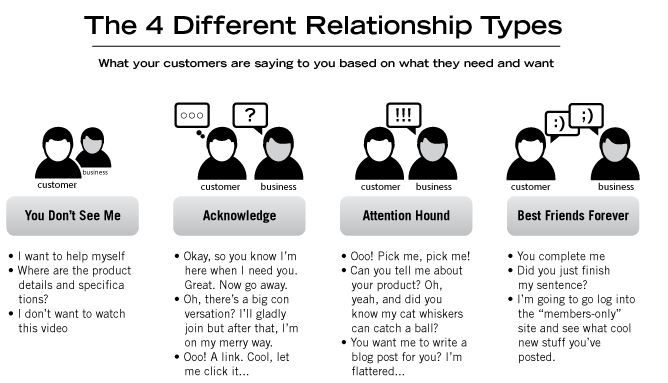 Maybe they’ll feel like they’re being blamed. But if the relationship is worth having, that’s something you’ll work through together.
Maybe they’ll feel like they’re being blamed. But if the relationship is worth having, that’s something you’ll work through together.
Because the best relationships are ultimately the ones where you help each other become your best selves. And over the lifespan of a relationship, that requires change and growth.
It’s not always easy, but this is the essence of what we call a ‘conscious relationship‘. (And this guide to having a relationship check in will help you to start having the necessary conversations).
Because no matter how lost you feel right now, it is possible to find yourself again, AND have a deeply fulfilling relationship. They’re not mutually exclusive. You don’t have to choose one or the other.
How To Find Yourself Again In A Relationship
Depending on how lost or stuck you feel, the steps outlined here might be enough to begin the journey of finding yourself again. But for others, it might require a more intensive approach.
If you’d like to explore how 1:1 coaching can help you stop losing yourself and start finding yourself again, book in for a free, no-obligation coaching call.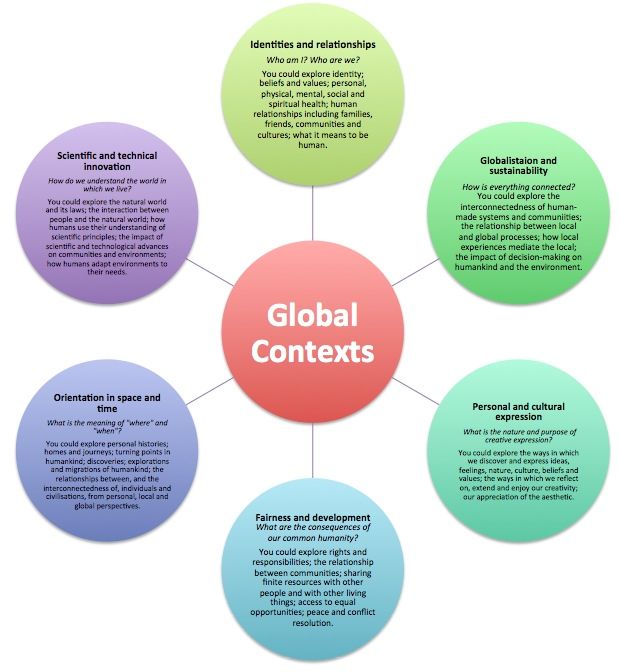
We’ll help you to differentiate effectively and implement a strategy that’s right for you and your relationship.
Schedule your complimentary coaching call now.
Sources & References
At Practical Intimacy we’re committed to keeping our content accurate, reliable, and trustworthy. We use only high-quality sources, including peer-reviewed studies, to support the facts within our articles.
Snarch, D. (2007, September 28) quoted from An Interview with Dr David Schnarch – The Sex Therapist, SheKnows. https://www.sheknows.com/health-and-wellness/articles/1423/an-interview-with-dr-david-schnarch-the-sex-therapist/
Frisch, P. (2016, September 28) Couple Therapy Part 2: Fusion or Differentiation. The Orgonomic Institute of Northern California. https://orgonomictherapy.com/2016/09/28/couple-therapy-part-2-fusion-or-differentiation/
4 Ways to Keep Your Identity in a Relationship
Getting swept up in new love can sometimes lead to sacrificing individualism.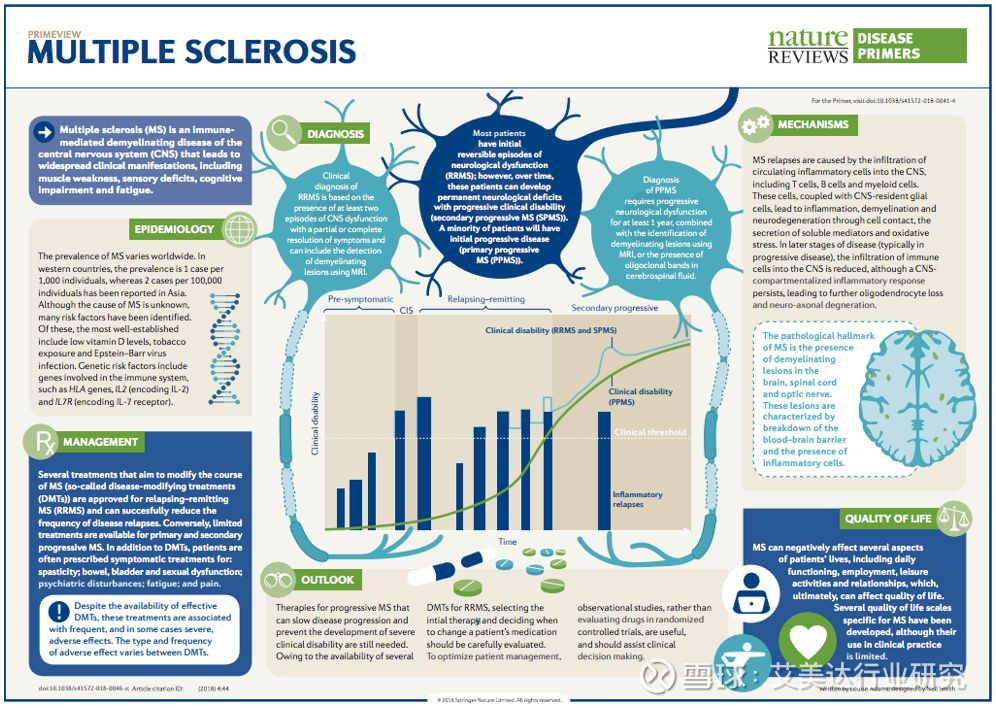 Here’s how you can remain an individual while staying close with your partner.
Here’s how you can remain an individual while staying close with your partner.
Falling in love can be exciting, and it’s natural to want to spend all of your time with the object of your affection. Losing your identity in a relationship can happen for many reasons, and it doesn’t always mean that you or your relationship is inherently “unhealthy.“
Giving up parts of your individualism in a relationship can look different to different people. You may find yourself:
- no longer doing activities you once enjoyed
- not making time for your friends
- giving all of your energy to your partner or relationship
Ideally, relationships can enable you to grow together with your partner(s) while you continue growing independently as well. Compromise and maintaining a sense of personal autonomy can often be essential pieces of this puzzle.
Giving up your identity in a relationship may happen slowly, and it can be hard to tell when it’s happening. Loved ones are often the first to notice changes that might indicate a loss of individualism.
Attachment style may play a key role in how much of your identity you sacrifice in your relationships.
“Some people may lose their sense of individuality in a relationship easily if they have a tendency to attach too quickly to that person or have a tendency to seek their sense of worth from the external world,“ says Samara Quintero, LMFT, CHT,a licensed marriage and family therapist.
Although losing yourself can often be a subtle and slow process, there are signs to be mindful of if you think you might be sacrificing too much of your identity to your relationship.
Your well-being takes a back seatWhile it’s okay to want to please your partner, losing sight of your needs around mental and physical health to tend to your relationship can be a clear sign you’re giving away too much of yourself.
Deprioritizing your wellness can have serious health impacts and may look like abandoning personal routines that provide structure, such as:
- sleep habits
- exercise routines
- nutrition and eating patterns
You
sacrifice your happinessThere is a difference between compromise and sacrifice.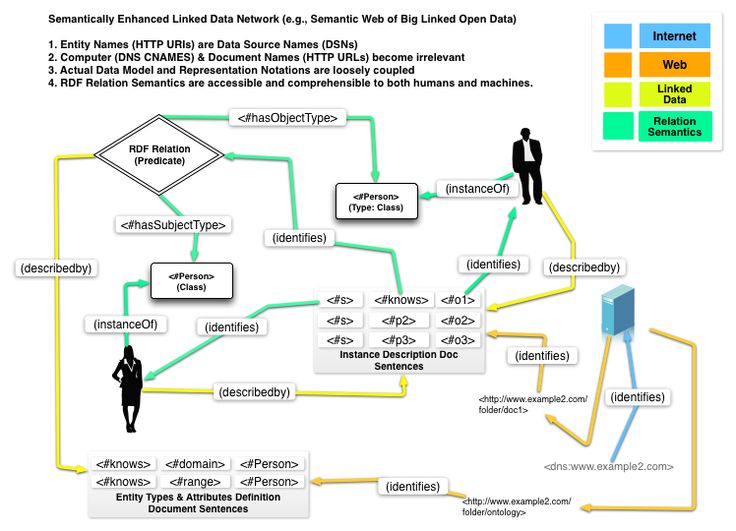 Quintero encourages asking yourself: “Am I skipping out on things I’d like to do or brushing my own desires off in order to please my partner?“
Quintero encourages asking yourself: “Am I skipping out on things I’d like to do or brushing my own desires off in order to please my partner?“
If this happens frequently, it may be a sign of imbalances in your relationship.
You’re
afraid to speak upDiscomfort or fear around voicing your needs in your relationship is a common sign that you may be sacrificing too much of yourself to your partner.
Feeling afraid to speak up can sometimes be linked to a fear of abandonment, which can lead to inauthentic behaviors. You may present a different “version“ of yourself to avoid rejection, explains Quintero.
Dr. Gail Saltz, associate professor of psychiatry at the New York Presbyterian Hospital Weill-Cornell School of Medicine and host of the “How Can I Help?“ podcast, recommends looking for the following signs:
- Decisions are not a compromise but end in something like a “surrender.“
- You always ask your partner what they think before making up your own mind.
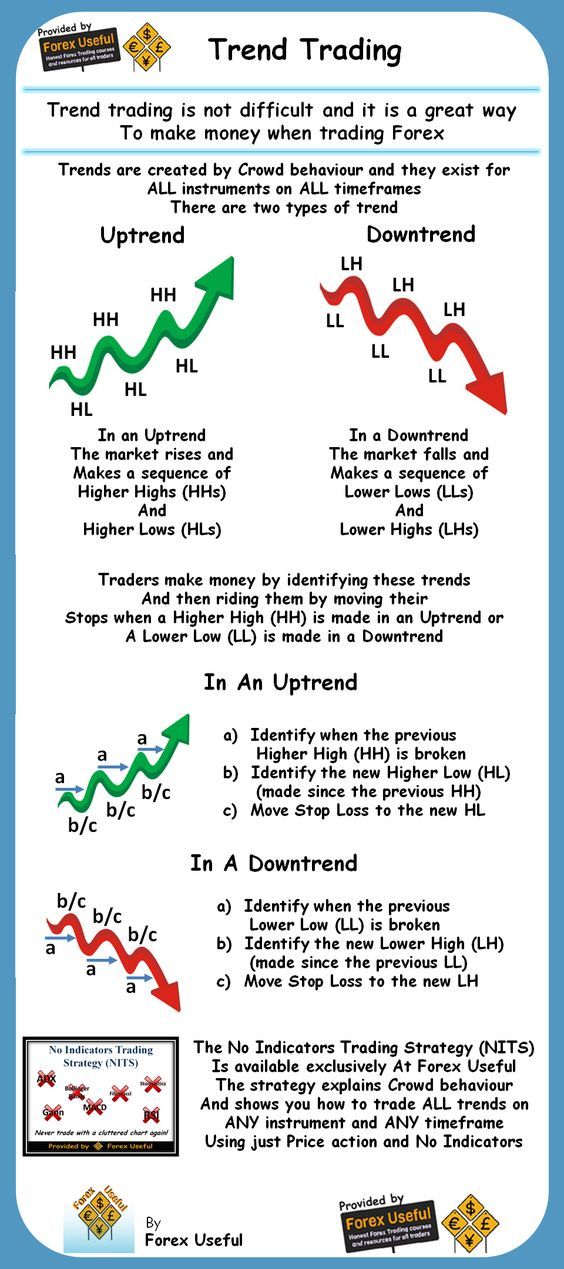
- You constantly defer to your partner on decisions.
- You feel you can’t discuss difficult emotions with your partner, like unhappiness or wanting something more or different.
Understanding the reasons behind your behavior can often be the first step in making changes.
Some possible causes for losing your identity in relationships might include:
- lack of boundaries
- low self-esteem or self-worth
- shaky sense of self
- codependency
Codependency
While it can be natural to want to spend every second together in the beginning stages of a relationship, Quintero says that a lack of balance can lead to developing codependent patterns and behaviors.
Saltz explains that codependency can happen for many reasons, including:
- low self-esteem
- extreme uncertainty or questioning your identity
- fear of abandonment
- emotional or narcissistic abuse
- some personality disorders
Many behavioral patterns can also stem from childhood experiences.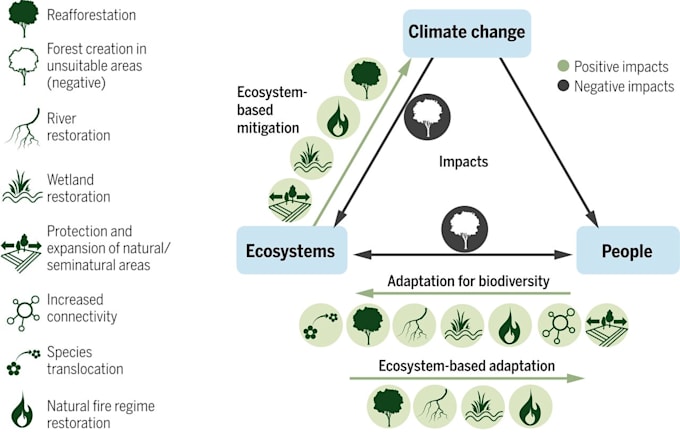 “If you grew up in an environment where you witnessed codependence, you might be more likely to replay that relationship dynamic,“ Quintero adds.
“If you grew up in an environment where you witnessed codependence, you might be more likely to replay that relationship dynamic,“ Quintero adds.
Remaining an individual in a relationship may require examining beliefs that might be holding you back. Being willing to do the work it takes to heal emotionally can also be powerful in breaking unwanted behavioral patterns.
1.
The root cause often holds the answerSaltz recommends self-reflection to find possible causes, then working to resolve the roots of your behavior.
“Think about why you feel insecure, why you’re afraid of being abandoned or alone, or why you’re unsure of who you really are,“ she says.
It may be helpful to journal out your thoughts or to work with a therapist to discuss possible behavioral triggers.
2. Prioritizing your needs works wonders
Sticking to a daily routine that prioritizes your needs can help you feel more like “you“ while boosting your mental and physical wellness.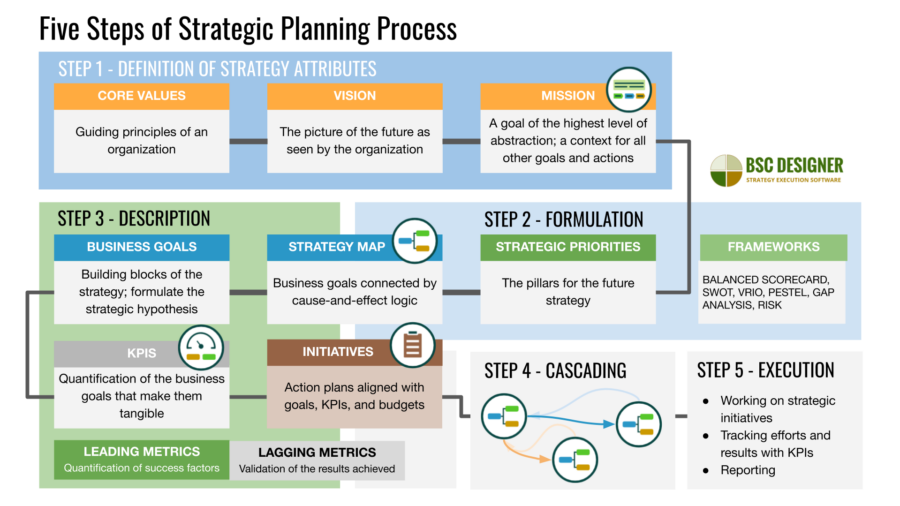 Overall wellness can also help you think more clearly and make better decisions in general.
Overall wellness can also help you think more clearly and make better decisions in general.
“Keeping up with what makes you feel balanced can help decrease the need to find a sense of well-being solely in your relationship,“ says Quintero.
Doing things for yourself that make you feel good can also raise your confidence and self-esteem. Some ways to prioritize your needs might include:
- exercising regularly
- eating nutritious foods
- sticking to a sleep schedule
- making time for friends and hobbies
3. Communicating honestly can be key
Open and honest communication is often a cornerstone of healthy relationships.
Once you understand what your needs are, you can try talking to your partner honestly about how they can help support you in honoring your individuality. Consider asking your partner to help you stay connected in the relationship, but with a more defined sense of individualism that allows for differences between you and your partner.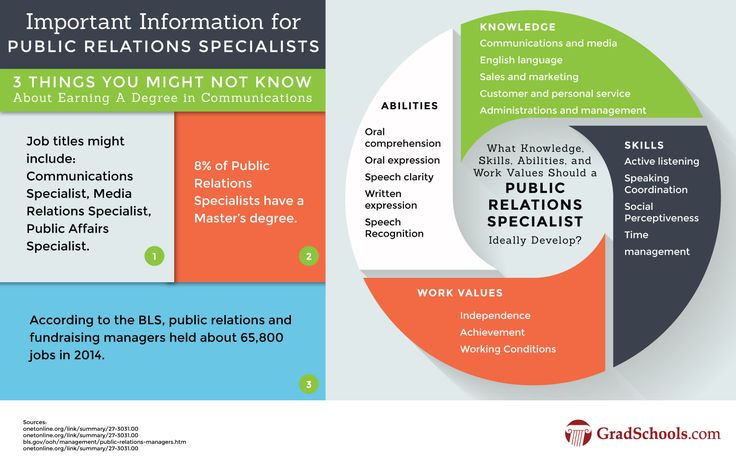
“Stating your needs from a place of confidence can help you assert that your voice and feelings matter just as much as your partner’s in the relationship,“ Quintero explains.
Honest conversations about your needs can also help “maintain a sense of equality and balance of power in the relationship,“ she adds.
Calling in the help of a couples therapist can be a good idea for particularly difficult conversations.
4.
Your authentic self deserves to shineLosing sight of your authenticity can be easy in codependent or imbalanced relationships. Try to remember that you are worthy as you are.
Acceptance can be foundational to healthy relationships. Feeling accepted and comfortable being your true self around your partner is typically a good sign that they are right for you.
“When you start to hide parts of yourself for fear that you’ll be abandoned, the subconscious message you send is, ‘I am not good enough the way I am,‘“ says Quintero.
These subconscious beliefs may slowly chip away at your self-worth, which may cause you to develop codependency or seek validation from your partner, she explains.
Being in a relationship can be incredibly rewarding. It can be easy to lose parts of your individuality amid those good feelings. To some degree, this can be an expected part of falling in love.
But sometimes, sacrificing too much of yourself can lead to imbalances in your relationship or codependency.
The ability to grow together as a couple while also growing independently as an individual can be the hallmark of a healthy relationship.
If you feel like you’ve slipped into losing your identity in your relationship, there are ways to regain your sense of self, such as:
- identifying and communicating your needs honestly
- making time for healthy habits, hobbies, and friends
- being true to your authentic self
Working with a therapist can be helpful in changing behaviors and patterns that may lead to a loss of identity in relationships. If you’re having trouble communicating with your partner, working with a couples therapist can be equally beneficial.
If you’re having trouble communicating with your partner, working with a couples therapist can be equally beneficial.
Check out Psych Central’s guide to finding mental health care to find the right therapist for you and your relationship.
Identity crisis: what to do if you lost yourself
Health
© Victorien Ameline/Unsplash
Author Vasilisa Kirilochkina
February 27, 2019
A personal crisis happens at least once in a lifetime. We seem to be stuck in limbo, where old values and aspirations no longer inspire, and new ones have not yet appeared. Pink figured out how to recognize the impending crisis and make the most of it.
Asking philosophical questions about the meaning of life and one's purpose is normal and even good. But if thinking about such important topics leads to a dead end, spoils your mood, interferes with normal functioning and drives you into a blues, you may be experiencing an identity crisis. For the first time this concept was introduced by the famous American psychologist Eric Erickson. In his writings, he paid special attention to the midlife crisis, but noted that any period of personality reshaping can lead to a loss of self-determination. The good news is that a competent way out of any crisis helps a person grow and develop.
For the first time this concept was introduced by the famous American psychologist Eric Erickson. In his writings, he paid special attention to the midlife crisis, but noted that any period of personality reshaping can lead to a loss of self-determination. The good news is that a competent way out of any crisis helps a person grow and develop.
There are a number of signs, by the combination of which an alarming state can be recognized. First of all, it is a painful search for oneself, which is accompanied by negative thoughts and frustration. If for a long time (more than a month) you are trying to rethink your purpose, values and aspirations, but do not get the desired answers, if every day at work you ask yourself “What am I doing here?” or look at your partner and think “Why are we together?”, you should carefully analyze your condition.
The impetus for a crisis can be severe stress and significant changes in life: loss or change of job, separation, loss of a loved one, serious illness, any severely traumatic experience or shock.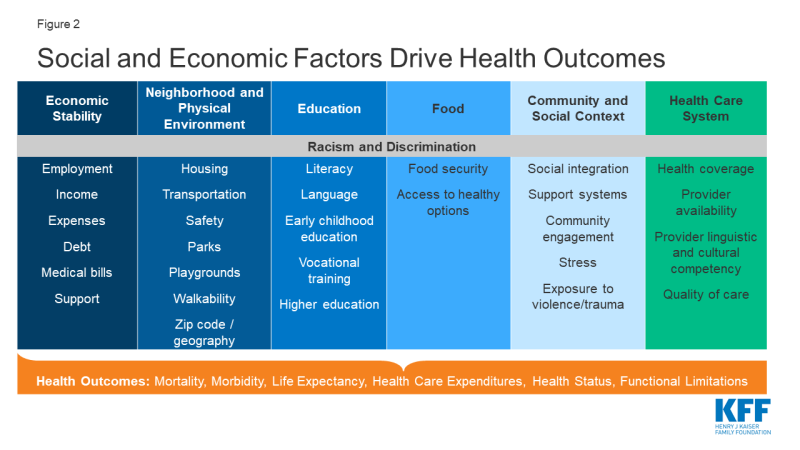 The causes of the crisis lie not only in the bad. Moving to another continent that you have been dreaming about and planning for five years, or marriage can also become an impulse. If after the wedding you feel empty, this does not necessarily mean that you have chosen the wrong person: you just need to rethink your new status.
The causes of the crisis lie not only in the bad. Moving to another continent that you have been dreaming about and planning for five years, or marriage can also become an impulse. If after the wedding you feel empty, this does not necessarily mean that you have chosen the wrong person: you just need to rethink your new status.
Advertising on RBC www.adv.rbc.ru
Sometimes a severe crisis and dissatisfaction with oneself can lead to depression - a dangerous condition that should never be started. It is better to consult a doctor, he can pick up a competent therapy. But in many cases, an identity crisis is just a transitional state that needs to be experienced. To make it easier, try special techniques.
© Jasmine Ornelas/Unsplash
An identity crisis is a great opportunity to really get to know yourself, discover something new and become more aware. So that the search for answers to the main questions of life, the universe and everything else is not so painful, try to change the tone of these questions.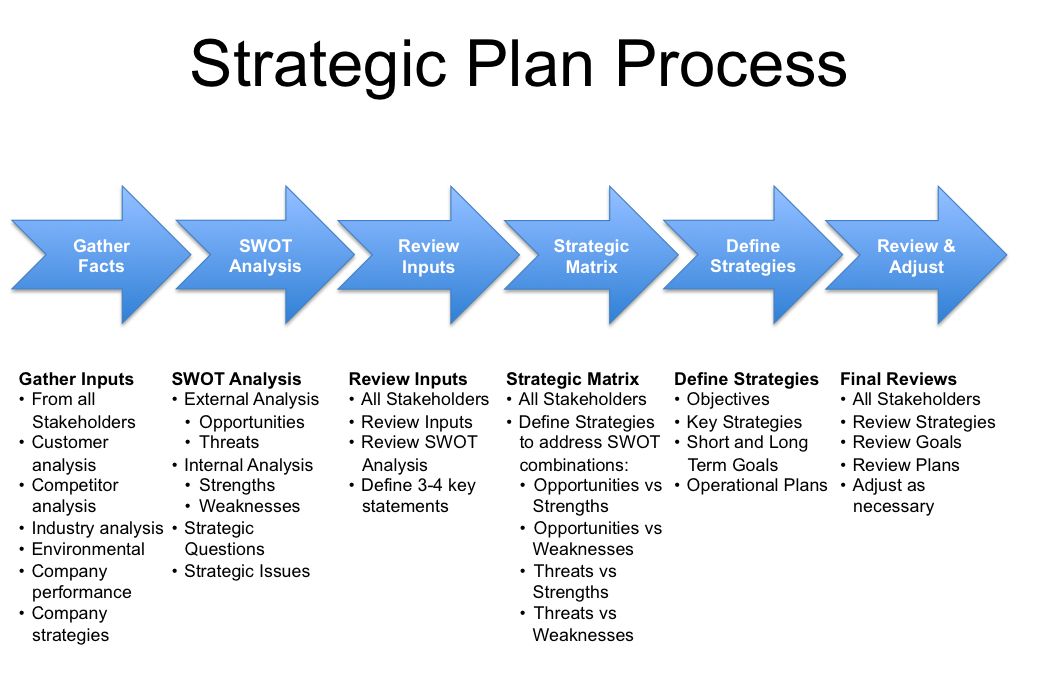
For example, stop asking "Why?" and start asking "why?" The first question will force you to dig into the past, and the second will set you up to look for a solution in the future. Make up a questionnaire for yourself with all the important questions and fill it out. Remember, this is not an exam, so there are no wrong answers. Moreover, it is not necessary to answer all the questions at once, and the answers can change at any time. This includes asking yourself, “What cheers me up? What helps you get through a tough day? Write a list of everything that improves your mood, and refer to it as often as possible during a crisis (and indeed throughout your life).
In especially sad moments, a cup of hot chocolate, a walk with a friend, sports or even watching a reality show about repairs can help you: do not deny yourself pleasures and in no case blame yourself for them. Another important question is “What makes my days meaningful?”. What helps you fall asleep with a sense of accomplishment, pride, and joy? Perhaps you are unhappy with your job and are not yet ready to look for an alternative - but you may well enroll in some useful volunteer program or courses to learn new skills.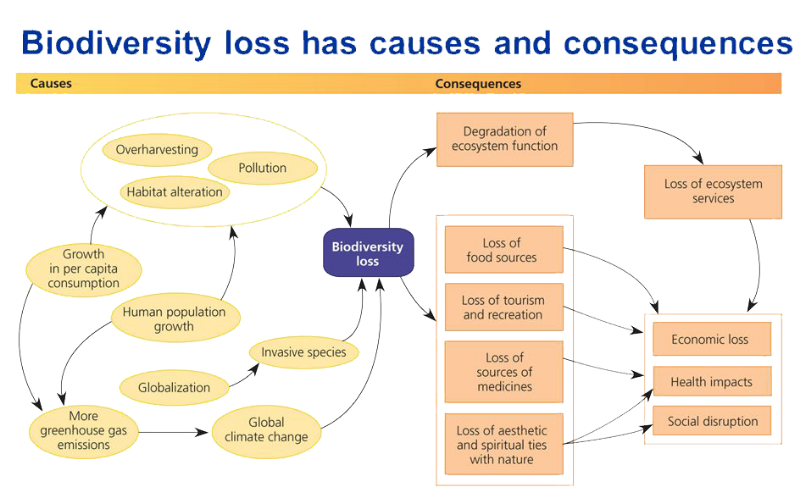 New knowledge, among other things, helps fight depression and increase the flexibility of the mind.
New knowledge, among other things, helps fight depression and increase the flexibility of the mind.
One is not a warrior in the field, even when it comes to internal throwing and searching. Social support really makes it easier to survive stressful situations, difficult emotional states and personality crises. Try to discuss your situation with friends and family - perhaps they too have gone through something similar or are going through right now, so they can share their experience. In any case, you can count on, if not advice, then at least empathy and support. If you feel that friendly empathy is not enough, do not be afraid to contact a psychologist or support groups (especially when it comes to a crisis after an illness or loss). Another great option is to join some kind of sports section: a team game brings people together and gives a lot of positive emotions.
© kevin laminto/Unsplash
Perhaps the most important thing in the story of finding yourself is to look for yourself, and not the image that meets someone's expectations: boyfriend, mother or society as a whole. At 30, you may find that you don't want to be the big boss at all. By refusing to climb the career ladder in a large company, you risk becoming an outsider in the eyes of society. Or let's say you're not ready to be a parent just yet. Buy an apartment. Get into a serious relationship. It can happen the other way around: while everyone around is constantly traveling, getting up for surfing, writing books and sitting on the splits, you just want to come home from work at six in the evening and watch TV shows.
At 30, you may find that you don't want to be the big boss at all. By refusing to climb the career ladder in a large company, you risk becoming an outsider in the eyes of society. Or let's say you're not ready to be a parent just yet. Buy an apartment. Get into a serious relationship. It can happen the other way around: while everyone around is constantly traveling, getting up for surfing, writing books and sitting on the splits, you just want to come home from work at six in the evening and watch TV shows.
Society can always judge you - when you do something, don't do it, or don't do it the way it's supposed to. But the beauty of society is that it is ephemeral and faceless. But real friends, good colleagues and loyal partners are quite real people. They are more likely to not judge choices that make you happy. Whatever you do, whatever values you adhere to and whatever ideals you strive for, you will always find like-minded people who will support you. So the main thing is to understand yourself.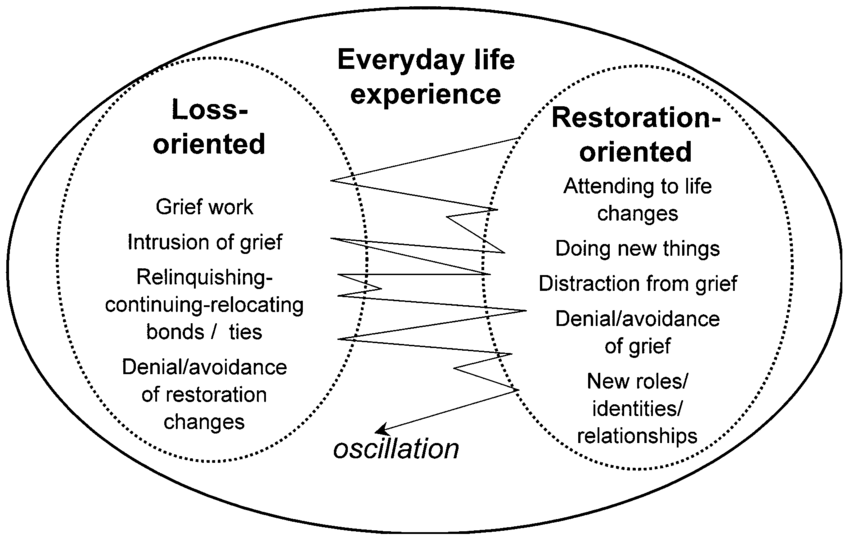 And the rest will follow.
And the rest will follow.
Loss of intimacy as a hindrance in understanding gender identity //Psychological newspaper
What causes the loss of intimacy in relationships between people, as well as too strong a desire to appear tolerant, how to approach the issue of transgenderness as a specialist, and what is the task of child psychologists, Igor Valerievich Dobryakov , candidate of medical sciences, psychiatrist, psychotherapist, sexologist, clinical psychologist, senior researcher, National Research Center for Psychiatry and Neurology. V.M. Bekhtereva, head of the department of perinatal psychology, head of the program of additional professional education at the Institute of Practical Psychology "Imaton" spoke at a conference dedicated to the memory of Lev Moiseevich Shcheglov .
The sexual revolution is part of the information and communication revolution, I.V. Dobryakov, referring to the sociological theory of generations.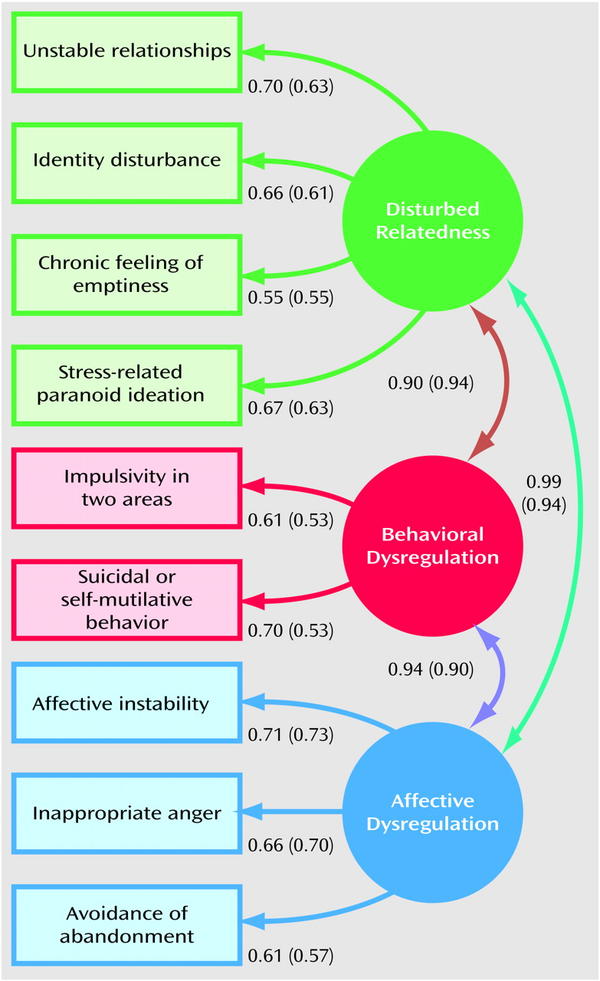 The generation gap, according to him, is associated with digitalization. As a result of the fact that communicative functions are often carried out using computers, the natural communication of people has become much more formal. “It is already more difficult to go into relationships with people, efforts are needed. And the network allows you to impersonate another person: change your gender, change your character, change your status, change your age. And people use it,” emphasizes Igor Valerievich.
The generation gap, according to him, is associated with digitalization. As a result of the fact that communicative functions are often carried out using computers, the natural communication of people has become much more formal. “It is already more difficult to go into relationships with people, efforts are needed. And the network allows you to impersonate another person: change your gender, change your character, change your status, change your age. And people use it,” emphasizes Igor Valerievich.
With digitalization, people have also become able to satisfy their desires in other ways, such as sexual or sensory cravings. “It is very difficult for a boy and a girl who have sexual interests to be naked in person. And taking a picture of yourself and sending pictures is much easier. And the percentage of such cases is very high,” notes I.V. Dobryakov.
Intimacy is disappearing from relationships between people, Igor Valerievich believes, quoting from the book “Intimacy” C.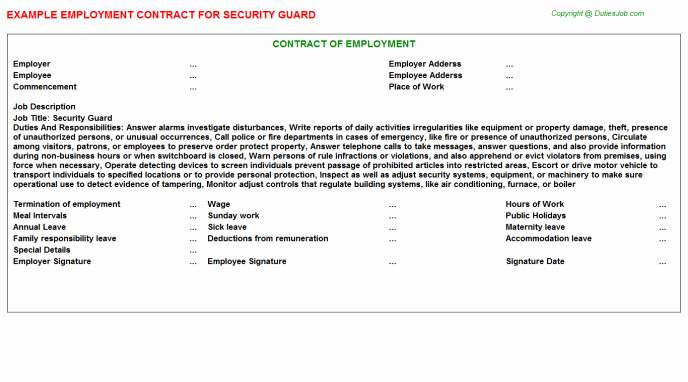 P. Korolenko, N.V. Dmitrieva : “The postmodern image of gender identifications objectively contributes to the progressive process of emasculation of higher emotional experiences in the sphere of intimate relationships. Postmodern culture does not create favorable conditions for intimacy. The term intimacy itself is used less frequently than in modernist and especially traditional culture.
P. Korolenko, N.V. Dmitrieva : “The postmodern image of gender identifications objectively contributes to the progressive process of emasculation of higher emotional experiences in the sphere of intimate relationships. Postmodern culture does not create favorable conditions for intimacy. The term intimacy itself is used less frequently than in modernist and especially traditional culture.
I.V.'s lack of intimacy Dobryakov links it with the high level of basal anxiety in society: “Past traditions and definitions are collapsing, innovations appear, everything is questioned – anxiety is growing. And there is an anxiety that I can find a person with whom there will be an intimate relationship, ”notes Igor Valerievich.
The lack of intimate relationships leads to the fact that a person does not experience satisfaction - except for physiological and sexual - and begins to look for something else, I.V. Dobryakov. “Without intimacy, sexual relationships become mechanical. Both in heterosexual relationships and in homosexual relationships, a sense of shame of nudity is necessary, which is inherent only in man, emphasizes Igor Valerievich. “You have to fight for intimacy!”
Both in heterosexual relationships and in homosexual relationships, a sense of shame of nudity is necessary, which is inherent only in man, emphasizes Igor Valerievich. “You have to fight for intimacy!”
I.V. Dobryakov refers to Opinion by Igor Semenovich Kon that the child must realize his gender, learn the corresponding male or female gender role. This process is significantly influenced by the environment in which a person grows up.
Another problem of society is connected with this, according to I.V. Dobryakova - fear of seeming intolerant. Because of this fear, it is sometimes difficult for parents to help their child navigate. Igor Valerievich cites the story of a pediatrician from New York as an example. According to an American doctor, many parents of children who express gender rejection are afraid that suddenly someone will guess that it worries them and they don’t like it.
“But if parents are worried that the child has a different gender identity, perhaps he will need hormone therapy, an operation, they have the right to worry about this.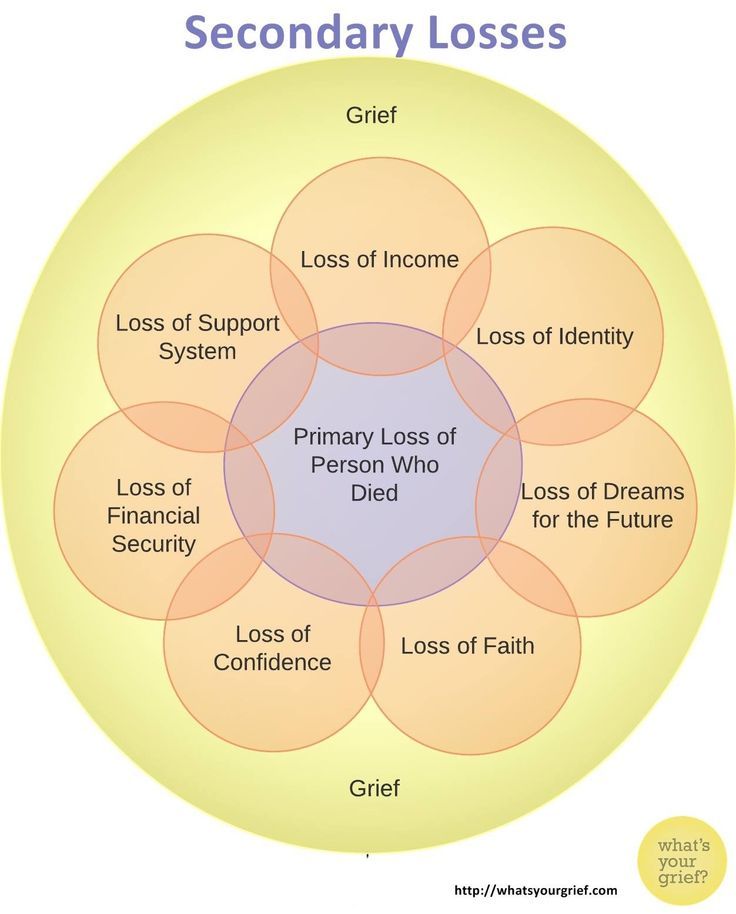 But they are afraid to even express it, so as not to seem intolerant. This is a roll in the other direction, it is also very serious and you also need to think about it, ”I.V. Dobryakov.
But they are afraid to even express it, so as not to seem intolerant. This is a roll in the other direction, it is also very serious and you also need to think about it, ”I.V. Dobryakov.
In the postmodern era, according to I.V. Dobryakova, children and adolescents are deprived of guidelines that contribute to the assimilation of sexual behavior corresponding to the biological sex. “Transient homosexual contacts, usually transient, are misunderstood as a sign of gay adolescents. This leads to a personal conflict, increased anxiety, aggression, ”Igor Valerievich notes.
Another aspect requiring attention in the issue of gender, according to I.V. Dobryakova, is the possible categoricalness of specialists. “It is necessary to avoid both categorical rejection and categorical acceptance of a person, a teenager, who says that he has different gender representations. It is important for the doctor to understand the situation himself and help the patient understand,” Igor Valerievich believes.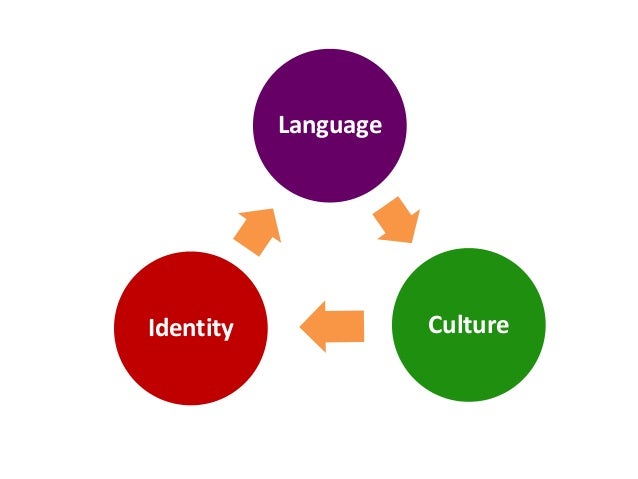
I.V. Dobryakov refers to the traditional division of transsexuality into nuclear and regional: “If this is really what was previously called nuclear transsexuality, we, of course, must help the patient get used to it, surgical and hormonal treatment is shown here. But to abuse it, to offer such therapy to everyone - should not be. When working with marginal transsexuality, according to I.V. Dobryakova, a biopsychosocial approach is needed.
Avoid categoricalness, extremes, according to I.V. Dobryakova follows in matters of morality. Igor Valerievich refers to the opinion of I.S. Kohn that it is enough to divide only into three sexual moralities: repressive, liberal and the morality of the "golden mean". “In order to get out of some difficult situation regarding sexual life, it is necessary to adhere to the morality of the “golden mean. Right-left - both repressive morality and liberal - is already bad, ”Igor Valerievich believes.
Returning to the topic of landmarks, I.